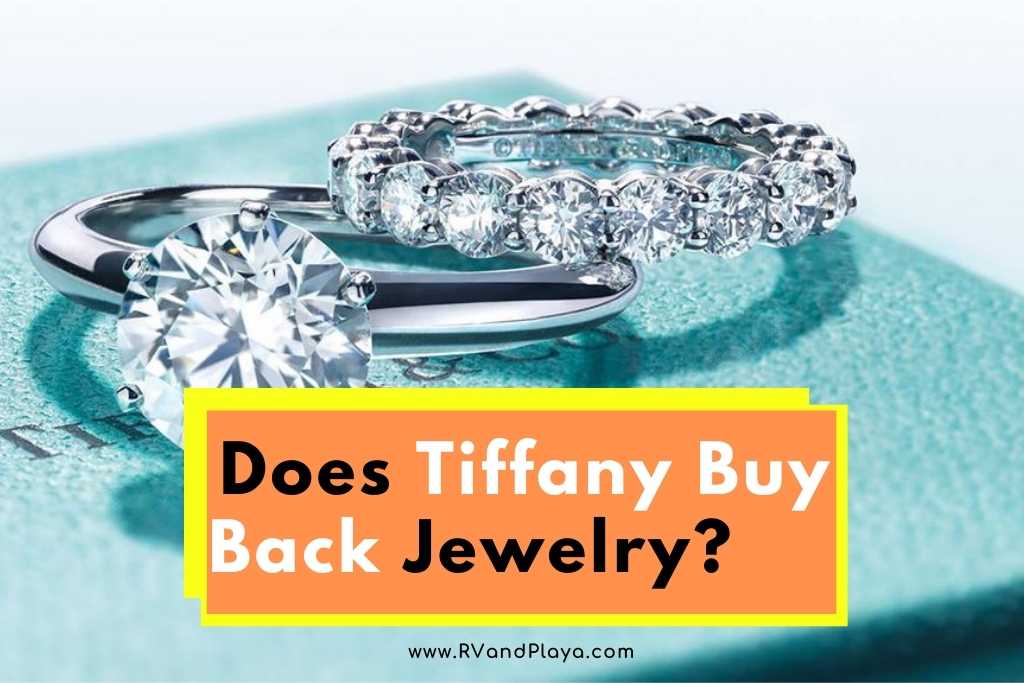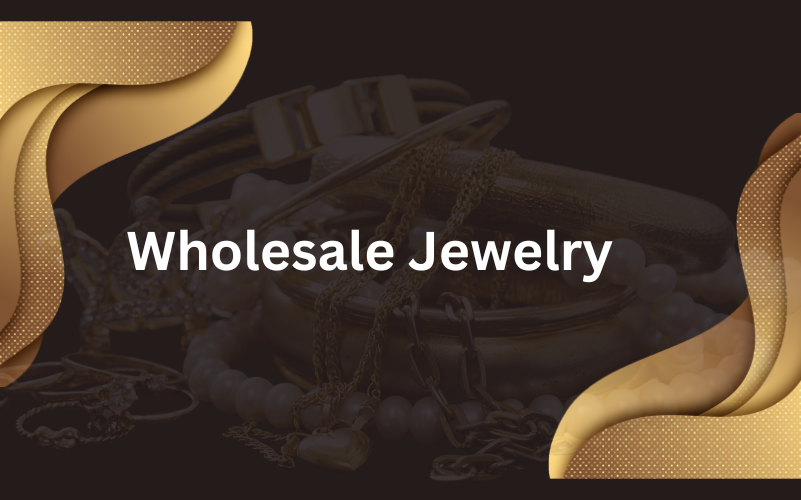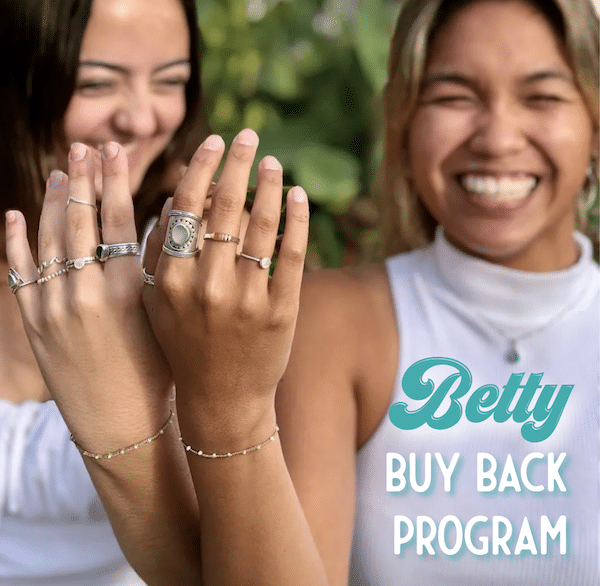Navigating the World of Jewelry Buyback: A Comprehensive Guide
Related Articles: Navigating the World of Jewelry Buyback: A Comprehensive Guide
Introduction
With great pleasure, we will explore the intriguing topic related to Navigating the World of Jewelry Buyback: A Comprehensive Guide. Let’s weave interesting information and offer fresh perspectives to the readers.
Table of Content
Navigating the World of Jewelry Buyback: A Comprehensive Guide

In the realm of luxury goods, jewelry holds a unique position. Its enduring value, often intertwined with personal stories and sentimental attachments, makes it a prized possession. However, life’s circumstances can lead to situations where individuals find themselves needing to part with cherished pieces. This is where the practice of jewelry buyback comes into play, offering a viable solution for those seeking to monetize their precious items.
Understanding the Jewelry Buyback Process:
Jewelry buyback refers to the practice where a reputable jewelry store or dealer purchases pre-owned jewelry from individuals. This process involves a meticulous evaluation of the jewelry’s authenticity, quality, and current market value. The buyback price is determined based on various factors, including:
- Metal Type and Purity: The intrinsic value of precious metals like gold, silver, and platinum is a primary factor. The karatage (purity) of gold, for instance, directly impacts the buyback price.
- Gemstones: The type, size, clarity, and cut of gemstones significantly influence the value. Diamonds, sapphires, rubies, and emeralds are among the most sought-after gemstones.
- Design and Style: Unique and intricate designs, particularly those crafted by renowned jewelers, often command higher prices.
- Condition: The overall condition of the jewelry, including any scratches, dents, or wear, affects its resale value.
- Market Demand: The current market demand for specific metals, gemstones, and styles plays a crucial role in determining the buyback price.
Benefits of Selling Jewelry Through a Reputable Buyback Program:
- Convenience: Jewelry buyback programs offer a convenient and hassle-free way to sell your unwanted jewelry. Reputable stores provide a professional and secure environment for transactions.
- Fair Valuation: Experienced jewelers and appraisers ensure a fair and accurate assessment of your jewelry’s value.
- Transparency: The buyback process is transparent, with clear explanations of the valuation process and the factors influencing the price.
- Immediate Payment: Upon agreement, you receive immediate payment for your jewelry, eliminating the need for lengthy sales processes.
- Security: Reputable jewelry stores are equipped with security measures to protect your jewelry and ensure a safe transaction.
Factors to Consider When Choosing a Jewelry Buyback Program:
- Reputation: Research the store’s history, customer reviews, and industry standing. Choose a reputable establishment with a proven track record of fair and ethical practices.
- Valuation Method: Inquire about the valuation process, including whether it involves a single appraiser or multiple experts.
- Transparency: Ensure the store provides clear explanations of the factors influencing the buyback price and any associated fees.
- Payment Options: Consider the payment options available, such as cash, check, or bank transfer.
- Customer Service: Look for a store that offers excellent customer service and is responsive to your queries.
Frequently Asked Questions (FAQs) about Jewelry Buyback:
1. What types of jewelry are eligible for buyback?
Most reputable jewelry stores accept a wide range of jewelry, including:
- Gold, Silver, and Platinum Jewelry: Rings, necklaces, bracelets, earrings, pendants, and more.
- Diamond Jewelry: Solitaires, engagement rings, wedding bands, and diamond-studded pieces.
- Gemstone Jewelry: Pieces featuring sapphires, rubies, emeralds, and other precious gemstones.
- Vintage and Antique Jewelry: Pieces with historical value or unique designs.
2. How do I prepare my jewelry for buyback?
- Clean and Polish: Clean your jewelry to remove dirt and grime, enhancing its appearance and allowing for a more accurate assessment.
- Gather Documentation: If available, provide any documentation, such as appraisals, certificates of authenticity, or purchase receipts.
- Remove Personal Items: Remove any personal items attached to the jewelry, such as sentimental charms or inscriptions.
3. What are the typical fees associated with jewelry buyback?
Fees may vary depending on the store and the type of jewelry. Common fees include:
- Valuation Fee: A fee charged for the assessment of your jewelry’s value.
- Processing Fee: A fee for handling the transaction and preparing the jewelry for resale.
4. What happens to the jewelry after it is bought back?
Jewelry purchased through buyback programs is typically:
- Resold: The store may resell the jewelry at a marked-up price.
- Refurbished: Some pieces may require cleaning, polishing, or repairs before resale.
- Recycled: Precious metals from old jewelry may be recycled and used in new pieces.
5. Can I get a better price if I sell my jewelry privately?
While you might potentially get a higher price selling privately, it involves significant risks:
- Finding a Buyer: Finding a willing buyer who is knowledgeable about jewelry and willing to pay a fair price can be challenging.
- Safety Concerns: Meeting with potential buyers can pose safety risks.
- Authentication: You are responsible for ensuring the authenticity and condition of your jewelry.
6. Is jewelry buyback a good option for me?
Jewelry buyback is a viable option if you:
- Need immediate cash: It provides a quick and easy way to access funds.
- Want a hassle-free transaction: It eliminates the need for advertising, negotiating, and handling the sale yourself.
- Are comfortable with the buyback price: Ensure the price offered is fair and aligns with your expectations.
Tips for Maximizing Your Jewelry Buyback Value:
- Choose a Reputable Store: Opt for a store with a strong reputation for fair pricing and ethical practices.
- Get Multiple Quotes: Compare prices from different stores to ensure you are receiving a competitive offer.
- Clean and Polish Your Jewelry: A well-maintained piece will fetch a higher price.
- Provide Documentation: Any supporting documentation, such as appraisals or certificates, will enhance the value assessment.
- Negotiate: Don’t be afraid to negotiate the price if you feel the offer is too low.
Conclusion:
Jewelry buyback offers a convenient and secure way to monetize your unwanted jewelry. By understanding the process, considering the benefits, and making informed choices, you can ensure a fair and transparent transaction. Remember to choose a reputable jewelry store with a proven track record, and be prepared to negotiate to achieve the best possible price for your cherished pieces.








Closure
Thus, we hope this article has provided valuable insights into Navigating the World of Jewelry Buyback: A Comprehensive Guide. We appreciate your attention to our article. See you in our next article!
